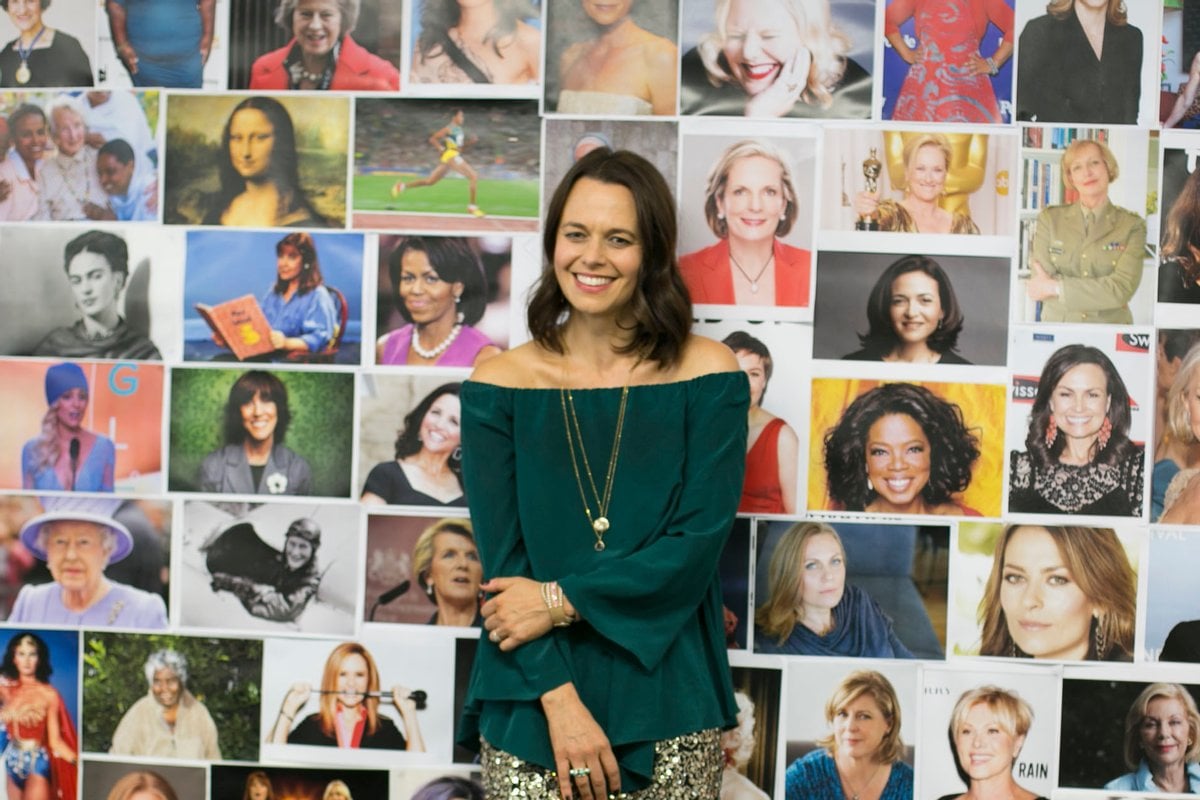
I’m watching six of the most powerful, successful and brilliant female comedy actors in the world sitting around a table. They are lit beautifully. They are also all beautiful. Incredibly so.
Pamela Adlon (Better Things), Issa Rae (Insecure), America Ferrera (Superstore), Emmy Rossum (Shameless), Kathryn Hahn (I Love Dick) and Minnie Driver (Speechless)..... these women are at the top of their game.
They all star in award-winning TV shows. Two of them also write and direct their shows as well as starring in them and they’ve been brought together by The Hollywood Reporter for a roundtable to talk about their work.
I know their actual ages range from 30 to 50 because I looked it up, but they all look to be in their early 30s.
The largest woman is around size 10, the rest appear to be size 6-8. They are styled in a palette of flattering, nude and blush tones that compliment their immaculate hair and makeup, no doubt after having spent at least two hours in a chair having it professionally done before the shoot.
Their job, you know, isn’t just to be brilliant actors, they also have to look exceptionally pleasing to the eye of viewers. And they all do.
The interviewer takes a breath. “I want you each to tell me the worst, most humiliating thing that has ever happened to you as a performer.”
Great question.
The women laugh nervously and widen their eyes, all instantly reliving those moments that made them feel the smallest. The worst. The most mortified.

Top Comments